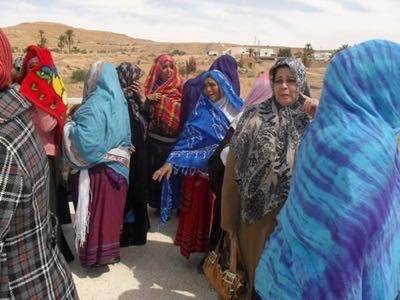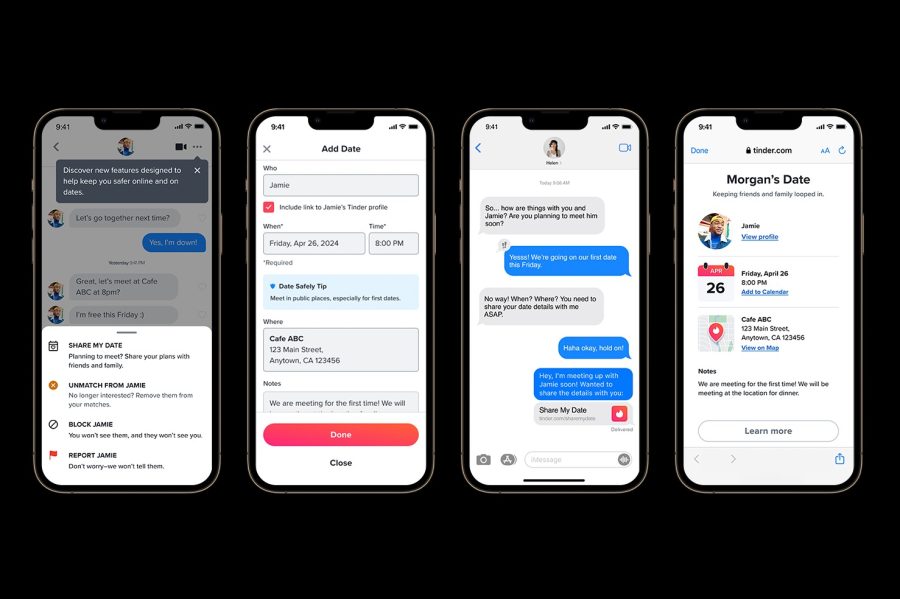Using rape as a weapon in war and other violent conflicts is unfortunately nothing new. Ivory Coast recently experienced an epidemic of it during a conflict for the contested presidency there. But in Libya, the proliferation of mobile tech has resulted in a surprising amount of direct video evidence of this revolting practice, evidence which may result in the punishment of those responsible.

According to Libyan rebels, the troops of the country’s nominal leader, Moammar Qaddafi, have been using rape on civilians. This isn’t an accident, they say, but a policy, at times directly enforced by officers of the Libyan army. According to the Sunday Times’ Marie Colvin, there is evidence for this assertion: mobile phone video, taken by the criminal soldiers and officers themselves.
As Libyan governmental forces have been forced back in that country’s civil war, rebels in the formerly besieged town of Misrata have seized the mobile phones from killed and injured soldiers. On some of those phones were video documentation of wide-spread rape by soldiers of women in the path of the fighting. The rape is systematic and committed by the military as a weapon.

Talking to The World’s host Lisa Mullins on the radio, Colvin said, “From the evidence I’ve heard and seen I believe the rapes were extensive and that they were condoned at the highest level.”
She describes viewing video from one of the phones of a rape of a number of women in a private home. All of this video, it is worth restating, is by the victimizers, an indicator of both our era’s pervasive habit of self-documentation and the resilient notion that electronic media is unalterably private and governable.
The BBC’s Andrew Harding describes an interview he conducted with two captured government soldiers, aged 17 and 21, in Misrata. They told him they were ordered by their commanding officers to rape several women, after the officers themselves had done so.
Should this conflict turn out in the favor of the rebels, those responsible may be punished as a direct result of the evidence captured by the mobile phones.
This is far from certain. As much as a stigma attaches to rape anywhere, it is arguably even worse in conservative Islamic countries like Libya. But should the people show the collective will to confront the situation and punish not just those directly involved but those giving the orders, they will have a type and amount of information and evidence rarely seen in a post-conflict situation before.
Photo of Libyan women from Maghrebia









